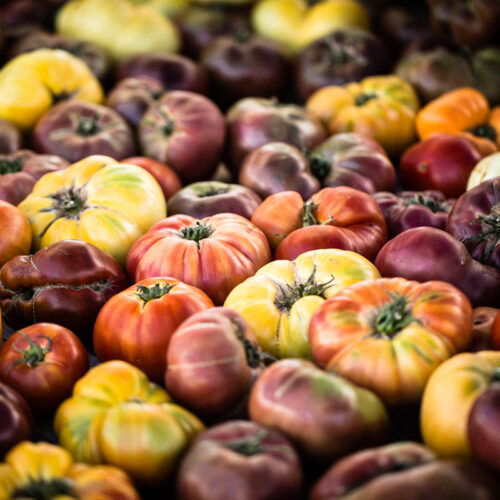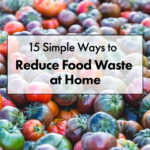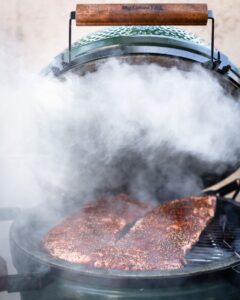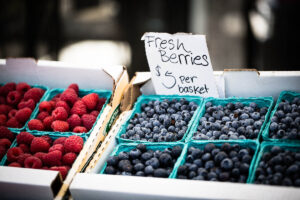Food waste is a serious problem in America. A staggering 40% of food that is safe to eat never makes it to our mouths. We more often than not buy more than we need, and it ends up in the trash. We can all do a little (or a lot) to help reduce food waste and it can start by changing a few habits in our own home.
When food is wasted, hard-earned money is being thrown in the garbage. What would you do with an extra $1,500 per year?
Our family has been making an effort to reduce our food waste at home. Here are the 15 easy and actionable tips to change your habits and waste less food.
Share these tips and help spread the word so we can all waste less food.
1. Make a weekly menu and meal prep for the week
Make a menu and accompanying grocery shopping list for the week. Not only will this help put better meals on the table, but a strategic menu plan prevents buying food items that might be wasted.
2. Always shop with a plan
Make a shopping list before heading to the store and stick to it. Avoiding impulse buys saves money and keeps us from buying more food than we need that will likely be thrown away.
3. Keep an inventory list of your refrigerator and freezer contents
Know exactly what’s in stock and when it was put there at a quick glance can save you trips to the grocery store, along with using food up before it goes bad. It’s so easy to just pick something new up at the grocery store when we might already have what we need and didn’t know it.
4. Write the date on packages and condiments when you open them
With all of the condiments, dressings and jars in the refrigerator, it’s hard to keep track of when we actually opened them. Use a sharpy to write the open date on the package as soon as you open it.
5. Invest in a vacuum sealer/food Saver
Portioning out and vacuum sealing food to place in the freezer as soon as you bring it home is the best way to keep proteins tasting fresh. A vacuum sealer will remove the air and prevent freezer burn. Always write the date on the bag so you know when you first froze it.
6. Learn how to properly store produce and herbs
Properly stored produce will last so much longer and taste better. Use up the most delicate and perishable produce before ones that will last longer.
7. Buy the freshest ingredients so they last longer
When buying groceries for the week, the worst thing that can happen is the food going bad before we get the chance to use it. Buying the freshest ingredients ensures that they will last longer. If you plan on using it that day, don’t be afraid to buy the last one on the shelf.
8. Buy from the bulk bins
So much is wasted from buying a whole box of something that we only need a small amount of. Bulk bins at stores like Sprouts and Whole Foods are your best friend when you only need a small quantity of a spice or almost any other dried ingredient from flour to nuts.
9. Store bread in the freezer
Bread stays fresh in the freezer. If you aren’t going to use the entire loaf within a few days; it’s better to keep it in the freezer. Take out what you need and microwave the slices for a quick 15 to 30 seconds to defrost.
10. Have a pantry pasta and salad night each week
Make a pasta and salad with whatever is left in the pantry before heading to the grocery store to restock. It’s not only a great way to use up what’s still left, but you might find yourself having fun with creative new dishes.
11. Invest in quality food storage containers
Sealable and stackable food storage containers will help your food last longer and stay organized.
12. Don’t always buy in bulk
Buying food at bulk at stores like Costco can be a great way to save a lot of money, but it’s also a way that perishable food can get wasted. If you aren’t going to be able to use it all before it will go bad, consider freezing the excess right away so it can be used later.
13. Cook with less popular produce parts
Carrot tops, beet tops and even parsley stems can all be used to make a delicious pesto or side. Make chicken stock with the leftover bones from your rotisserie chicken.
14. Revive wilted produce
Wilted vegetables like carrots, broccoli, kale, green onions and lettuce can usually be brought back to life with a soak in ice water for 5 to 10 minutes. Even if they aren’t exactly like they were when you brought them home; they will still be crisped up enough to be cooked or puréed in a soup.
15. Compost foods that really need to be thrown away
There will probably always be something that needs to be thrown away. Start a compost bin to recycle the nutrients into your soil to feed your plants instead of the landfill.






